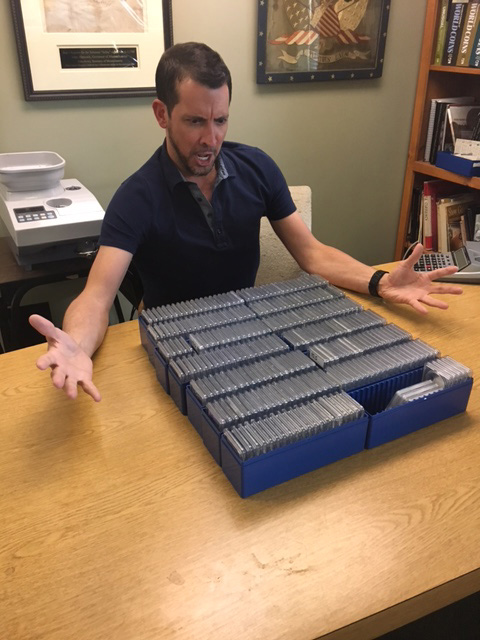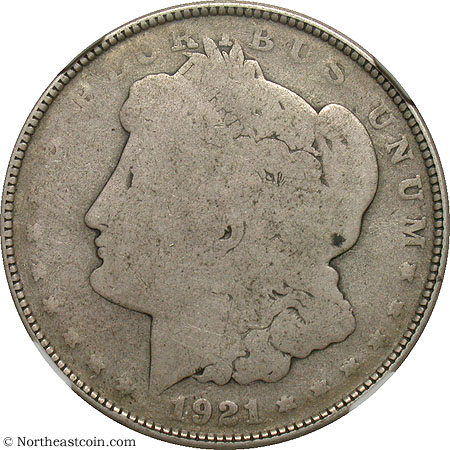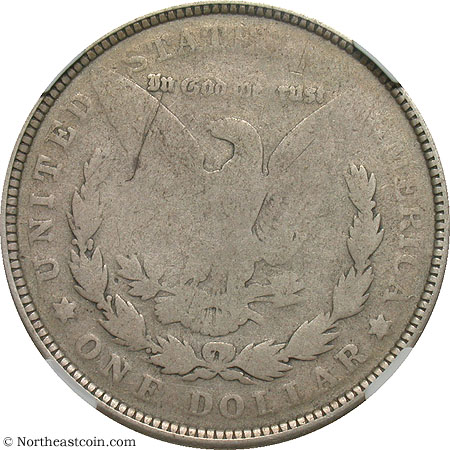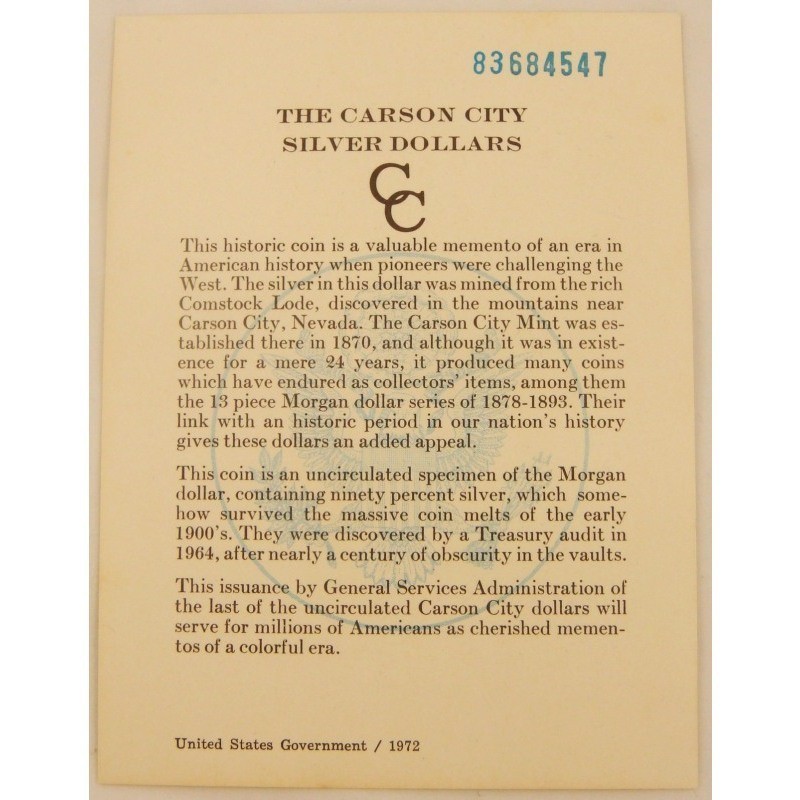Once a month Tom treats us all to lunch. We each take turns selecting where to eat. It was Brian's choice this month and he went with Indian cuisine at Monsoon Bistro in neighboring Acton, MA. Now it's nap time at Northeast.

The following was posted by Brian.
Hello all. The last time I posted to the blog I had just gotten back from a three-day coin grading seminar in Dallas. Well, my education is continuing. I recently returned from a five-day grading class in Colorado Springs, CO. This particular course was the ANA’s 2016 Summer Seminar and it was all I was hoping for and more. The seminar was taught by Don Bonser, Jim Stoutjesdyk and Kevin Kaufman.
The course was taught at the beautiful Colorado College campus and although it was approaching 95 degrees almost every day, this was certainly a cool place to have the seminar. The college is right across the street from the ANA headquarters and National Money Museum (definitely worth a visit).
For the first couple days we really tried to just get a handle on just what separates a mint state coin from a circulated (or ‘about circulated’) coin. So much of grading depends upon that distinction and so they really wanted us to get it right!
After that, it was straight-up grading school. We were grading coins from morning to late afternoon, with the time we were allowed to grade each coin becoming less and less as the days went on. By the end, in my estimation, most everyone in the class (25 of us!) was able to accurately grade every coin within a grade point or so in under one minute. Not bad for just a few days’ work.
I really appreciated Don’s constant discourse on numismatics as both a hobby and a career. He dispensed great advice on cherrypicking, selecting coins and all sorts of tricks of the trade. Sound all around business advice from a guy that has been highly successful in the field of numismatics.
Business aside, for those of you thinking about visiting the ANA, I highly recommend it! It’s less than a mile from downtown Colorado Springs (which in itself is an excellent reason to go). Great restaurants, shops, and sights to see.
All in all, I would give this year’s seminar a grade of MS70, as it was pure perfection.
Chris recently purchased this 265 coin registry set from a customer in our area. This is Chris realizing that he now has to price and list all of them.

Give us a hint - what are some of the highlights from the set?
Here are several that we've either already listed on our site or will be:
1960 1c Large/Small Date PR67 RED
1940 5c PR67
1937 25c PR66
1939 50c PR66
1950 50c PR66
2013-S 5 Star Generals Arnold/Bradley 50c First Strike PR70 DCAM
1994-P P.O.W. Dollar PR70 DCAM
2000-P Leif Ericson Dollar PR70 DCAM
1996-W Flag $5 Gold PR70 DCAM
2012-W Star-Spangled Banner $5 Gold First Strike PR70 DCAM
2003-W First Flight $10 Gold PR70 DCAM
If you are looking for specific modern commemoratives, let us know which ones they are and we'll see if they were included in the Registry Set that we bought.
What is the grade of this coin? First correct guess wins a prize. Email your guess to info@northeastcoin.com. Winner gets a Northeast goody box.
There were no correct guesses for this question. It's actually a trick question. The coin is technically ungradeable. It was likely struck through grease, thus the lack of detail on the surfaces but full denticles around the edge. It's not a problem-coin but rather a mint error.


I would say Good/About Good - a friend of mine who does not collect said - the coins that are worn have seen more circulation and more history they should be more valuable and have a higher price.
The answer has been posted above.
Do any of the blue numbers on the GSA card mean anything? First correct answer to info@northeastcoin.com wins a Barber Quarter in POOR 1 condition! Great addition to a Dansco 7070 low ball set. We now have a winner for this question.






